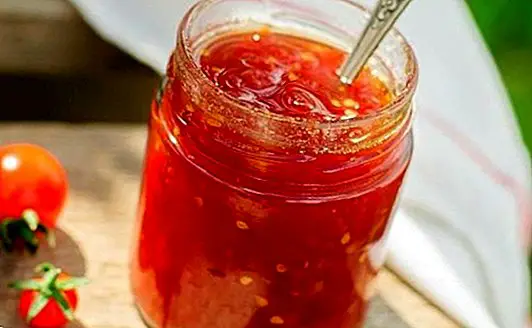What is the spleen and what is it for: its main functions
The spleen it has become over time one of those organs that have gone into the background. It happens in fact as in the case of tonsils, when the doubt arises which are precisely the functions they perform. However, this does not mean that its function is unimportant within our body. In fact, there are some conditions that can affect this body to a greater or lesser extent, such as, for example, inflammation of the spleen.
The spleen can be defined as a type of parenchymal organ which is present in virtually all invertebrate animals. In the case of humans, it has a flattened shape and is located in the upper left part of our abdomen (just above the stomach).

It is fully connected with the pancreas and the kidney thanks to its small size that is usually about 13cm in length and about 8cm wide in most people with a weight that does not exceed 250 grams. The spleen is irrigated mainly throughout the splenic vein and terminal branch of the celiac trunk. This artery is divided into a superior and a lower one.
Main functions of the spleen
Surely after reading these lines you have been a little clearer what the spleen is and where it is exactly. Once this is known, only the most important thing remains: to know what the main functions are:
Strengthen our immune system
The spleen plays a very important role when it comes to getting rid of all the toxins that are so stored throughout our body. First of all, it should be noted that it "filters" the blood "by making it purify itself of all types of antigens. It also destroys all those old cells in order to encourage the development of new ones.
All this without mentioning that it also produces other natural components that help eliminate certain bacteria that can be harmful to our health.
Produces lymphocytes and multitude of antibodies
The spleen is divided into two clearly differentiated parts. The first one has a red tissue that acts as a natural filter, storing all types of blood with platelets, an active ingredient that is very necessary to treat any wound, both internal and external, while at the same time reinforcing our immune system against all types of diseases or diseases. virus.

For its part, the whiter part is closely linked to the production of lymphocytes, a cell that is responsible for attacking foreign microorganisms.
Fosters the digestion of nutrients
The spleen also causes the whole digestion to take place more slowly and effectively. For this, it transforms all those foods that have been ingested in other simpler nutrients that are very necessary for the correct functioning of our organism. A clear example of this is seen for example in iron deposits, an element that in small quantities is the most essential.
Produces hematopoiesis
The spleen is characterized mainly by promoting what is known as hematopoiesis, a process in which a large number of red blood cells are produced that go directly to the fetus when it is in an advanced state of gestation. In this way, the baby will be able to dispose afterwards is a more resistant bone marrow that will help him to suffer malformations and diseases in the future.
Is it possible to live without a spleen?
Now that you have known the main and most functions of the spleen, I am sure that many of you have the following question: "Can you live without a spleen?" There are many NatureVia readers who have this doubt, especially if we take into account that many people have removed this organ.

As we saw on a previous occasion where we were just wondering if it was possible live without spleen, we are facing a surgery known as splenectomy and is usually performed in all those patients who suffer from a cyst or tumor in the spleen, have any blood clot or are going through a process of liver cirrhosis.
As a curious fact, it should be noted that the liver will be in charge of relieving all the functions that the spleen did. And therefore, it is very important to take care of more through a healthy diet, balanced and without abusing alcoholic beverages.



